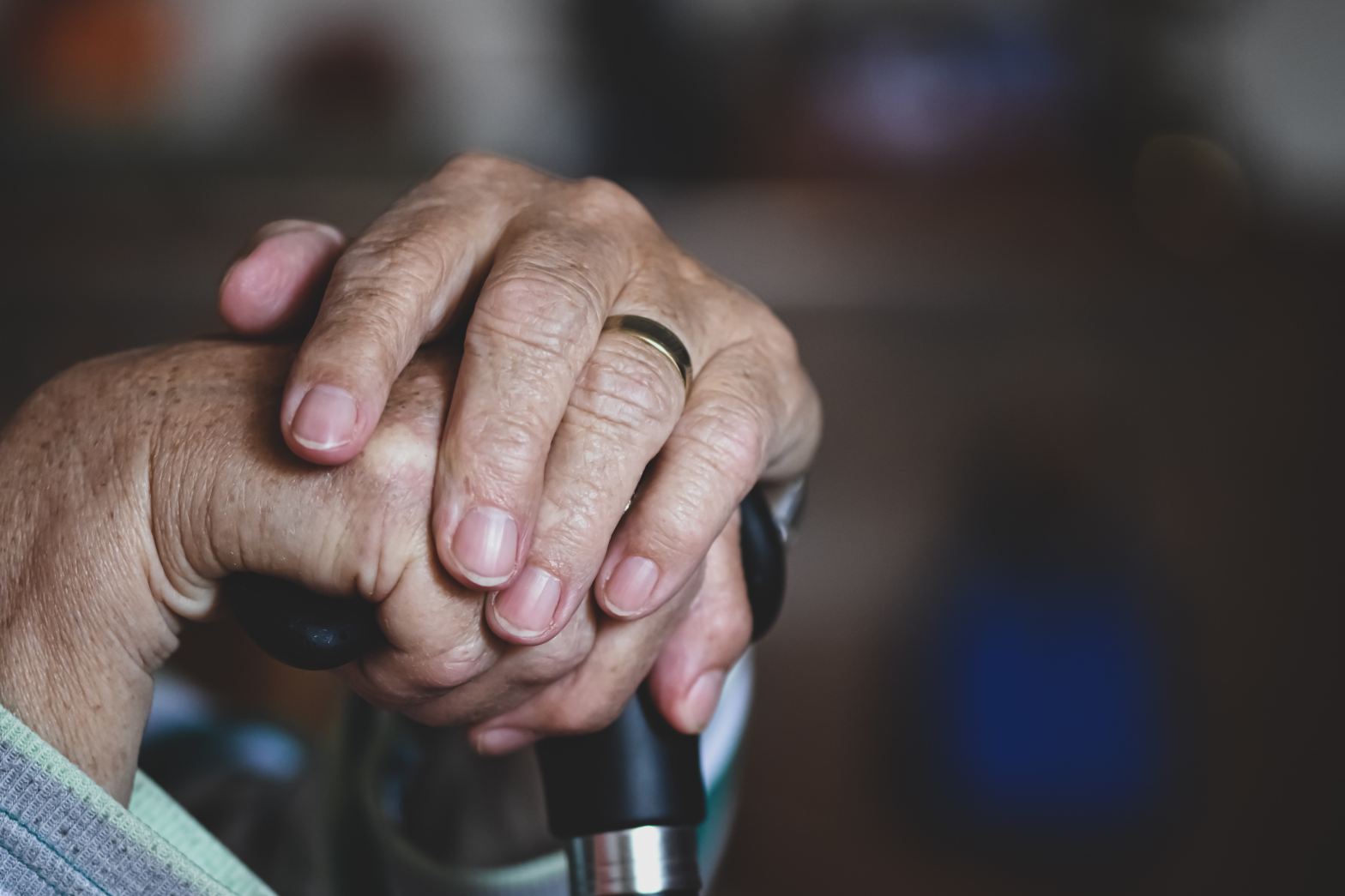Photo by Alexas_Fotos on Unsplash
When family caregivers feel that what they do is more of a burden, it’s time to talk about openly it and address the elephant in the room.
Family caregiving is often viewed as a noble and loving act, where individuals willingly step up to care for their aging or ill family members. It is driven by compassion, empathy, and a sense of commitment responsibility. However, there are instances when caregiving can become a burden or obligation rather than an expression of love and care.
While their role in this situation is crucial and cannot be disregarded, there might be times when we need to notice how they are on their end.
Are they holding up well?
Are our family caregivers taking care of themselves?
Do we even notice what they’re going through while caregiving?
The role of caregivers in the professional healthcare system makes it easier for seniors to get by every day. After all, they do many taxing things that most of us wouldn’t even accomplish in a day. In the book One Caregiver’s Journey by Eleanor Gaccetta, quality in-home senior care is shared in great detail. Furthermore, the book expresses the essence of having family caregivers around and how they deserve all the appreciation.
Lack of Support from Other Family Members
One of the primary reasons caregiving can become burdensome is the need for support systems in place. Caregivers may feel overwhelmed and isolated if they have limited assistance from family members, friends, or community resources. With a strong support network, the responsibility of caregiving can become manageable, leading to resentment and burnout.
Emotional and Physical Burnout
Caregiving is a demanding role that requires significant emotional and physical energy. When caregivers neglect their well-being and fail to prioritize self-care, they become more susceptible illness, depression, and exhaustion. Constantly attending to the needs of their family members without sufficient time for themselves can lead to feelings of emotional and physical burnout, eroding the initial motivation for love and care.
Financial Strain
Caregiving can also become burdensome when it imposes a financial strain on caregivers. Providing care entails additional expenses, such as medical bills, home modifications, or specialized equipment. Suppose caregivers cannot meet these financial demands or experience a significant loss of income due to reduced working hours or quitting their jobs. In that case, the financial burden can overshadow the initial intentions of love and care.
Lack of Boundaries at Home
Boundaries are crucial in maintaining a healthy caregiver-care-recipient dynamic. When caregivers struggle to establish and enforce boundaries, their personal lives and well-being may be compromised. Blurring boundaries can lead to losing personal autonomy and identity, causing caregivers to feel trapped in their role and view it as an obligation rather than a choice.
Unresolved Tension Within Family Dynamics
Family dynamics and unresolved conflicts can significantly impact the caregiving experience. Pre-existing tensions or strained relationships within the family can amplify the burden of caregiving. Suppose caregivers feel unsupported, unappreciated, or taken for granted by other family members. In that case, their caregiving role can transform into a heavy obligation devoid of love and care. These feelings need to be addressed openly but the end result could well be more tension.
Lack of Much-Needed Breaks
Caregivers need regular breaks and opportunities for respite to maintain their own well-being. Without adequate time for rest, relaxation, and pursuing personal interests, caregivers may experience emotional and physical fatigue. The absence of respite care can lead to heightened stress levels and a diminished capacity to provide care with love and compassion.
Deteriorating Health of the Care Recipient
The declining health of the care recipient can also contribute to caregiving becoming a burden. As the care needs increase, caregivers may be overwhelmed by the physical and emotional demands. It was even more complex when they dealt with one of the most vulnerable demographics during the pandemic. Witnessing the deterioration of their loved one’s health can be emotionally distressing, making it challenging to sustain the initial motivation of love and care. That’s why the additional COVID-19 vaccine knowledge is necessary for seniors to protect themselves.
Continuing to Lovingly Care for Family Members
While family caregiving is rooted in love and care, there are circumstances where it can transform into a burdensome obligation. Factors such as lack of support, emotional and physical exhaustion, financial strain, blurred boundaries, unresolved family dynamics, lack of respite, and deteriorating health of the care recipient can contribute to this shift.
